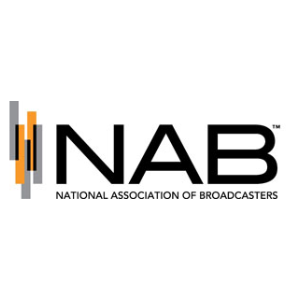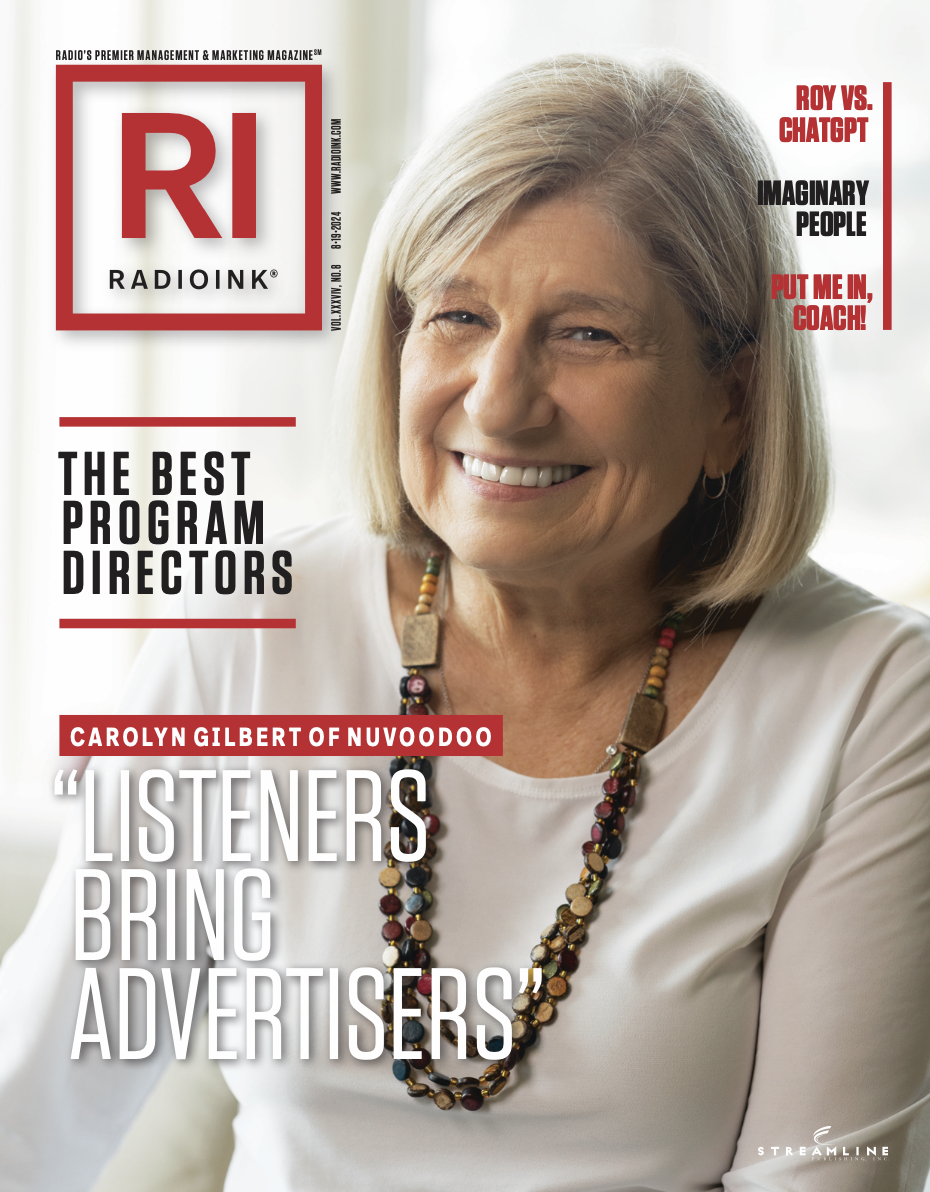
In June, the Federal Communications Commission announced it is considering the creation of a new FM broadcasting class, designated as “A10.” Now the National Association of Broadcasters is urging the FCC to proceed with caution on the matter.
Initiated by Commander Communications Corporation, the “A10” class proposal aims to enhance the signal strength and coverage of Class A FM stations, ostensibly to provide better service in rural and underserved areas. This proposal builds upon past initiatives, like the dormant “C4” class proposal, but seeks broader implementation across all zones rather than being limited to Zone II.
In its comments, NAB acknowledges that while the increase in power might benefit some listeners by providing stronger and more reliable signals during emergencies, but the proposal’s broader implications require careful scrutiny.
NAB points out that the A10 proposal could create significant technical challenges. Increasing the power output for Class A stations may lead to heightened interference with existing FM stations, particularly in densely populated areas like the Northeastern US and California where the FM band is already crowded.
From an economic perspective, NAB expresses skepticism about the feasibility of many stations upgrading to A10. The upgrade would extend the typical Class A station’s coverage radius by only about 3.6 kilometers, which might not translate into significant audience or revenue growth to offset the costs associated with upgrading transmitters, enhancing cooling systems, and managing higher energy requirements.
Ultimately, NAB highlights the need for more comprehensive data and analysis to fully understand the implications of the new FM broadcasting class proposal. The organization says the lack of detailed technical evaluations and market analysis in the initial proposal from Commander Communications makes it difficult for stakeholders to assess the true benefits versus the risks and costs.
By taking a careful approach, the NAB hopes the FCC will ensure that any changes to the FM broadcasting standards will benefit the widest possible audience without compromising the quality of existing services.









